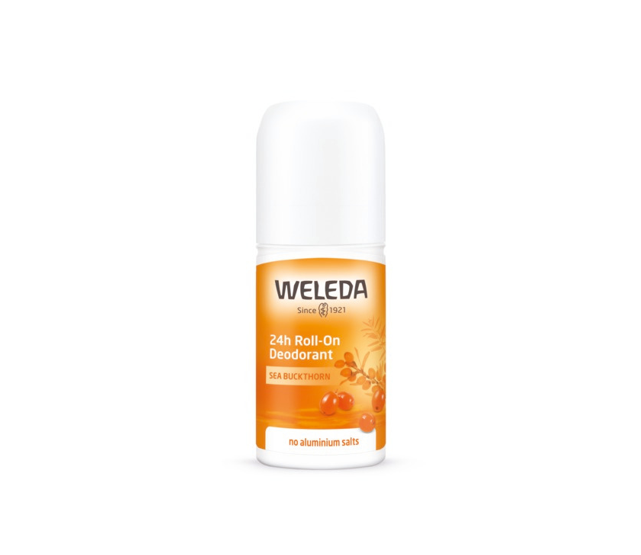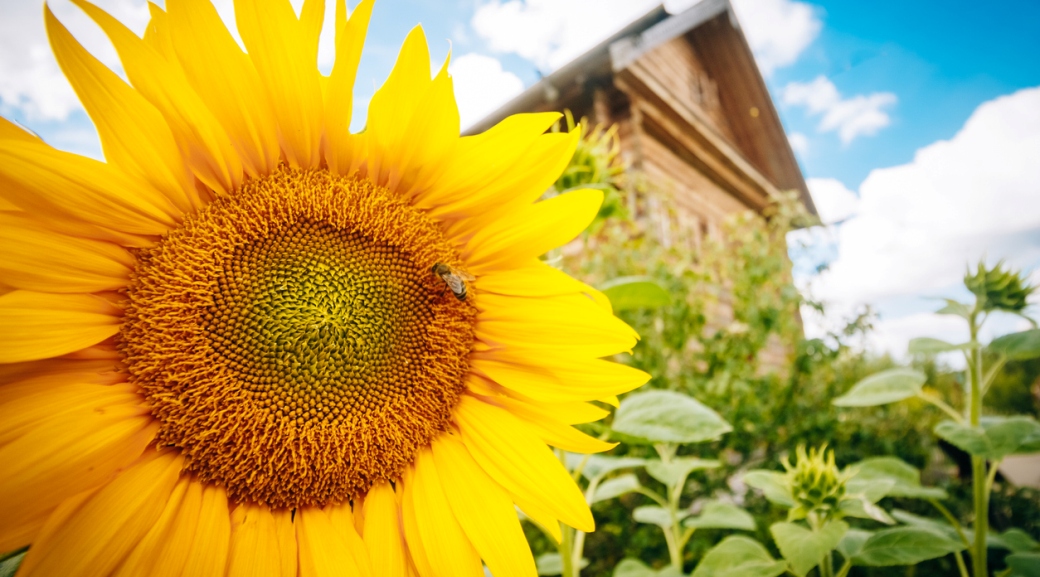Weleda has published its Annual and Sustainability Report.
The global market leader in certified natural and organic skincare is highlighting their vision to take care of nature people and society.
“We have always farmed organically, putting the planet before profit and looking at the long-term sustainable benefits our business can deliver to help support people and the planet, ” say Managing Director Weleda Australia David Johnston.
“Whether it’s through fair trade, biodynamic cultivation, or responsible use of environmental resources – sustainability is part of our roots.”
“With the new report we outline our sustainability programme for the entire Weleda group and commit to some comprehensive and ambitious objectives globally over the next four years.”
A key pillar of Weleda’s sustainability programme is the promotion of regenerative farming as a contribution to climate protection and the preservation of biodiversity.
At present, the organic proportion of natural raw materials in Weleda products is more than 80%, with the share coming from biodynamic cultivation expected to grow from around 10% to 30% by 2022.

In cooperation with the Union for Ethical Biotrade (UEBT), Weleda was the first European company to set up and certify a management system for the entire supply chain of all raw materials used in its natural and organic skincare.
Weleda intends to create even greater transparency regarding true costs. This type of cost accounting takes into account the negative and positive external effects of raw material procurement. A pilot project to determine the costs of two important raw materials has already been successfully completed.
Weleda seeks ecologically sustainable solutions for its packaging at all levels. By 2022, the proportion of recycled material in packaging for natural and organic skincare is expected to more than double.
Together with its market partners, the company is developing new ways to reduce packaging, improve recycling options and create new designs and packaging systems.
Weleda has set itself the goal of having the entire Group B-Corp-certified worldwide by 2022. The international B-Corp sustainability movement requires the entire company to consistently focus on meaningfulness and a demonstrable positive impact on people and nature.
Sustainable innovations will continue to be an important driver of growth in the future. With careful market research and the establishment of an Idea Factory, Weleda aims to ensure the identification of ideas that are effective in the long term. Thanks to a tighter focus, fewer innovations are to be developed, but with more relevance for consumers.
Feature image courtesy of iStock.

